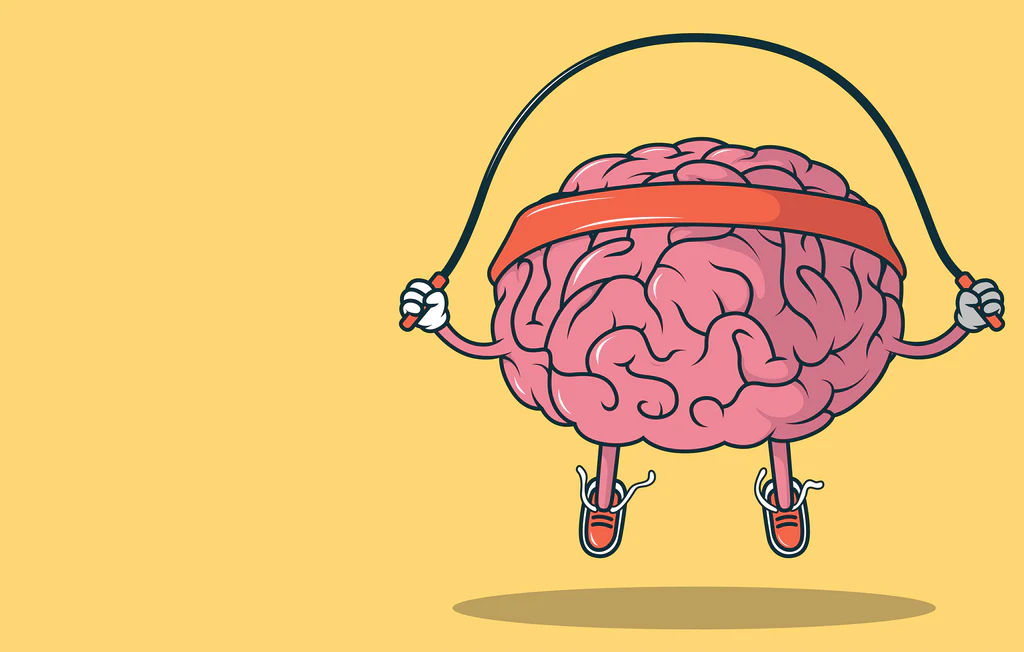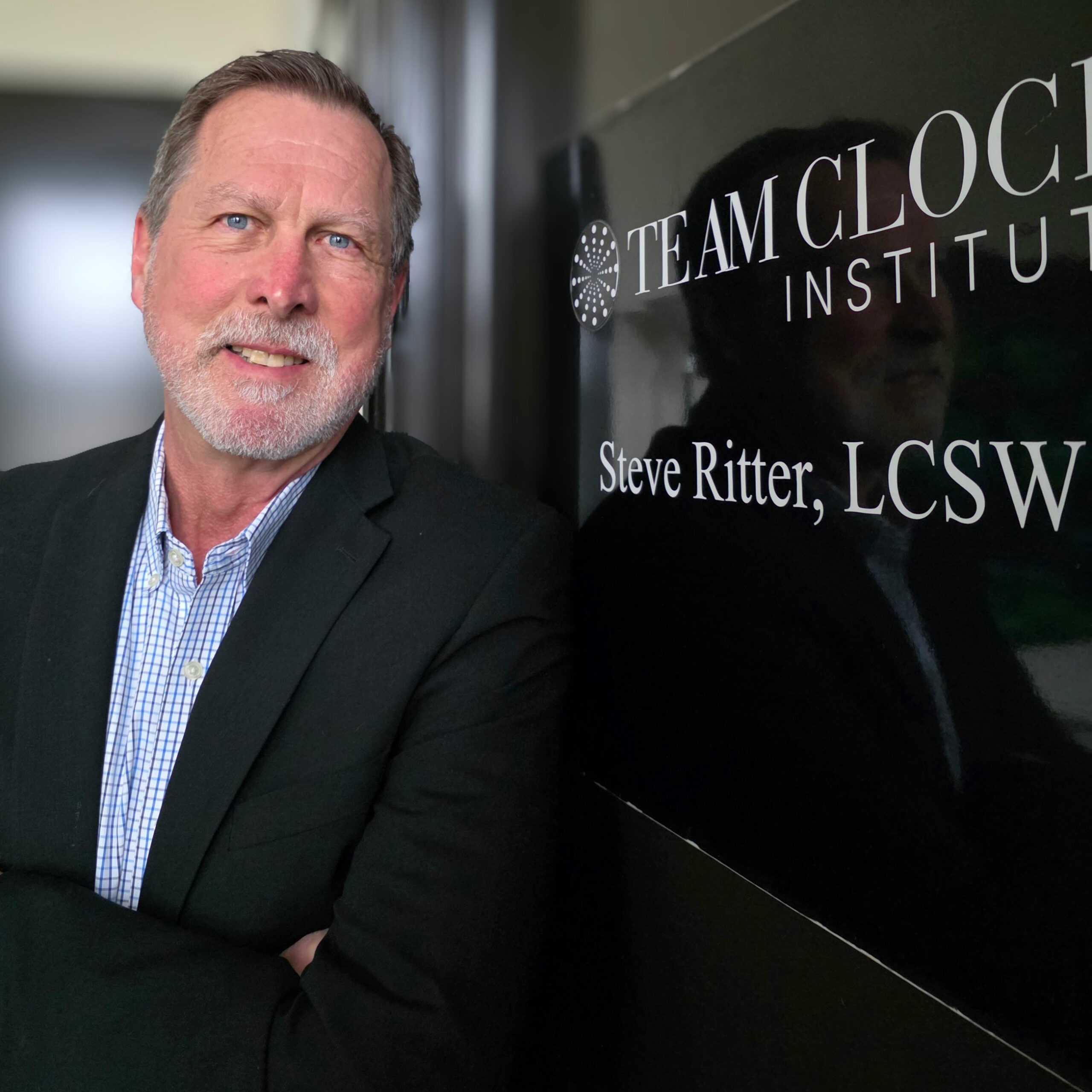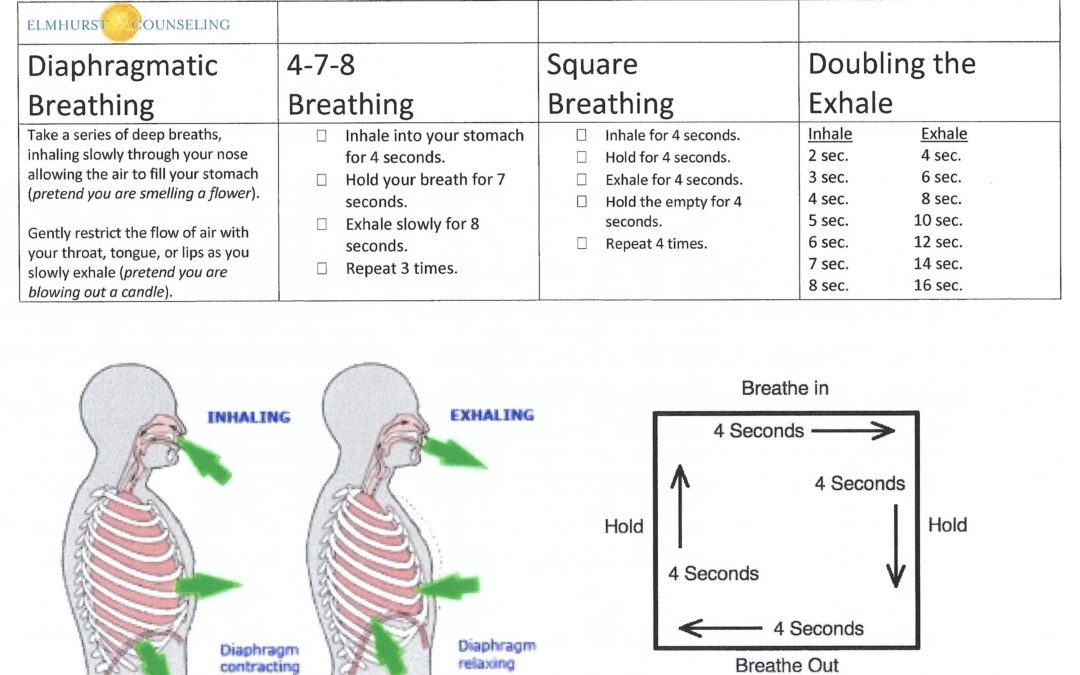
Evolving Talents
About 100 billion neurons form synaptic connections beginning about 45 days after conception expanding until about three years after birth. That’s enough axons and dendrites to support nearly every future talent. Then, over the next decade and a half, about 50% of those neurological connections shed away leaving behind the uniqueness of each of us as we plow through the end of our teenage years and launch into adulthood. What happens next depends entirely on where we aim our investment of time and resources.
Some of us ride the wave of our strengths, whether athletic, artistic, or academic. Others devote themselves to rigorous practice to maximize the potential of an interest. When that effort is directed at a natural strength, the wind is at our backs in a downhill ride. When we work on one of the abilities that was shed away before the age of sixteen, it’s an uphill battle with the wind in our face.
Either way, growth happens. Sometimes it’s frustrating and seems to take forever to see progress. Other times, time and space get suspended as we flow effortlessly forward. The point is to keep practicing.
Whether a budding cyclist, bricklayer, or cellist, you get to choose how good at your craft you become. The cyclist can coast or pedal. The mason can eyeball the project or learn to use a level, plumb bob, and string line. The cellist can play Frere Jacques forever or tackle the Bach preludes.
It begins with a mindset that predicts whether you can or can’t grow. If you believe you’ve reached your ceiling, you most likely have. If, on the other hand, you believe the sky is the limit, the sky is the limit – even if it takes a lifetime to get there.

About the Author
Steve Ritter, LCSW is the Founder and Executive Director of Elmhurst Counseling. He has served as a teacher, author, consultant, human resources director, health care administrator, and licensed clinical social worker since 1977. A fellow of the American College of Healthcare Executives, Steve has provided coaching, therapy and team development services to thriving schools, businesses and organizations.




